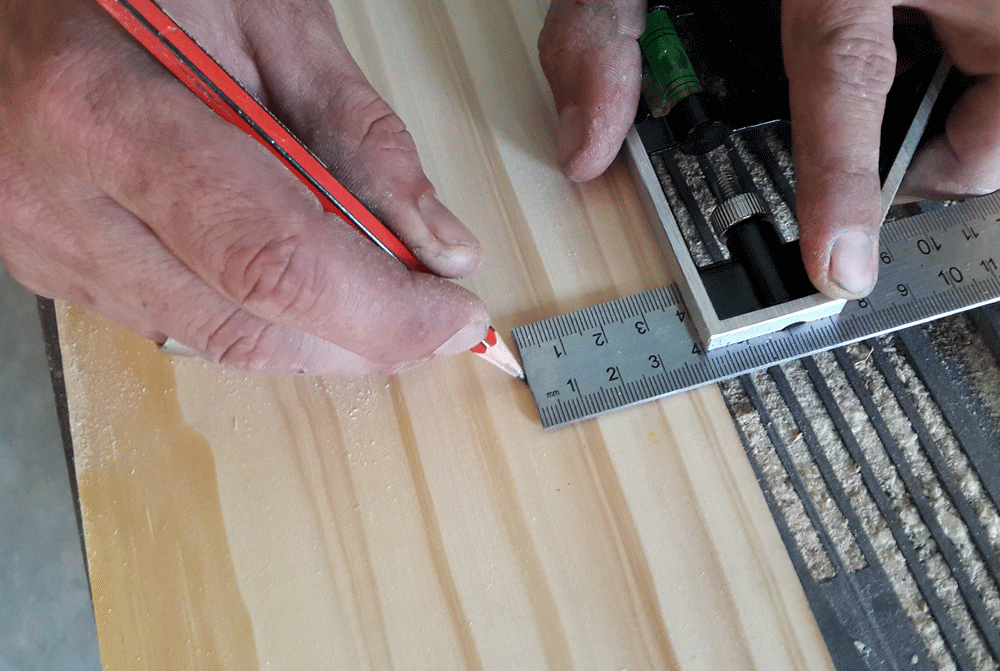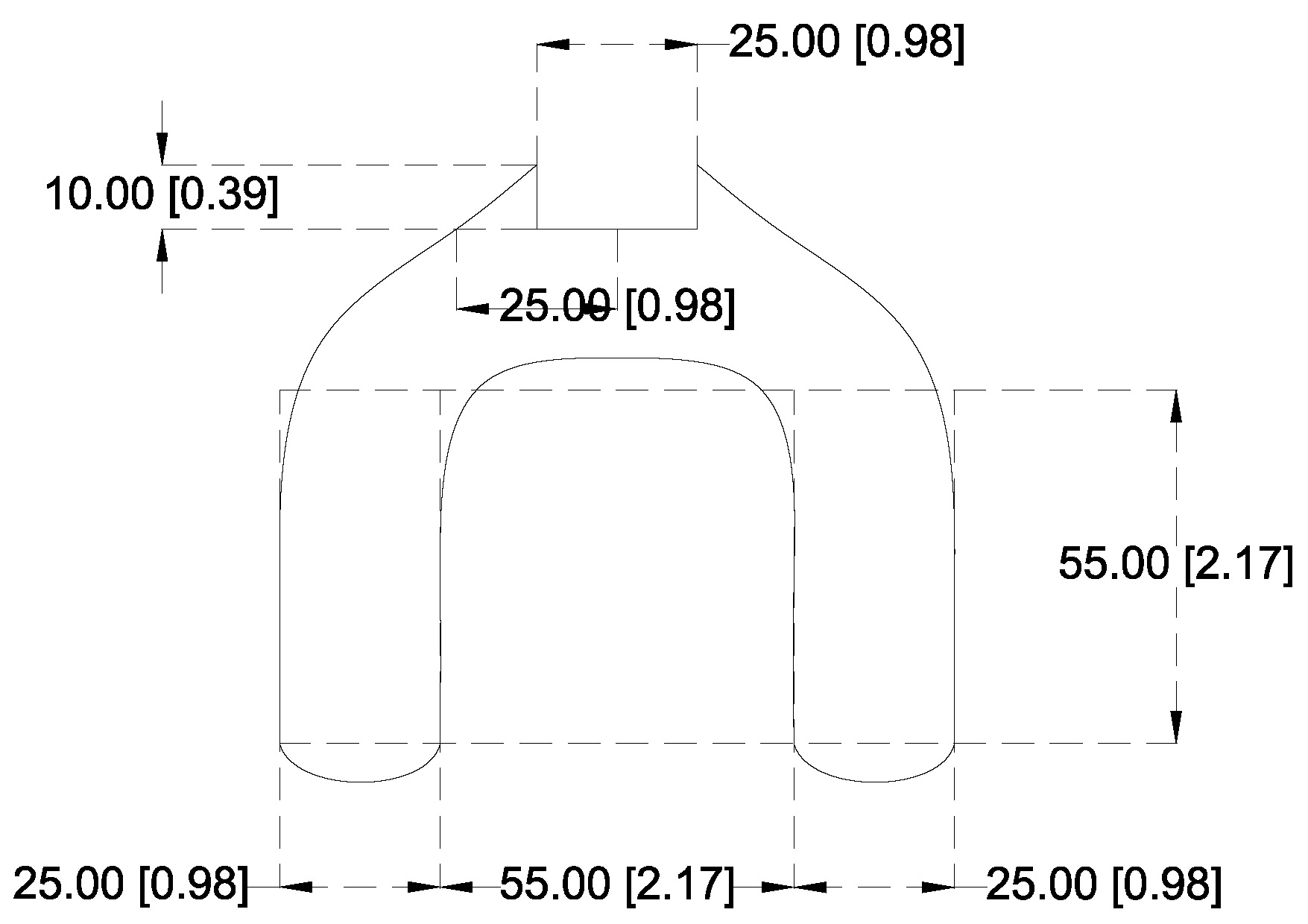Woodworking tips for beginners.
Woodworking is a craft that rewards the woodworker with an object crafted by themselves. A hobby that allows them to give life to their ideas and so create articles that are beautiful, functional and unique.
Getting started with a new hobby like woodworking can be a daunting endeavor. If you recently took up woodworking or maybe you’re still hanging in the balance trying to decide whether or not to get into woodworking, we’ve composed a list of pointers and considerations for absolute beginners.
10 tips for absolute beginners.
1. Safety First
Certain woodworking equipment and also practices can pose some degree of danger to personal health and safety. But while the potential does exist, the possibility can be minimized, and in some cases be close to eliminated, with correct operating procedures are practiced along with the use of correct safety equipment. As a beginner, it is important to note that safety starts with you. Read the operating instructions for your power tools, use the right tool for the job and most of all wear your PPE (personal protective equipment).

2. Know your tools
 There’s a tool for every job and every job is easy if you have the right tool.
There’s a tool for every job and every job is easy if you have the right tool.
Tools and equipment form a major part of any woodworking operation. As a beginner it’s important to familiarize yourself with the tools you will be using as to ensure the correct and also more importantly safe use of the equipment.
Using tools correctly does not only decrease any potential safety hazard but also contributes to better craftsmanship.
3. Make use of a mentor
Having someone around for input and advice can make a world of difference.
If you don’t have someone in your immediate vicinity, try subscribing to a woodworking community or forum. Connecting with people who may have more experience than you gives you access to all their experience and knowledge.
It will also allow you to connect with others like yourself who are finding their feet in the wonderful world of woodworking and share opinions and ideas.
4. Don’t break the bank
People are often under the impression that to be a woodworker involves having a kitted out shop with high-end equipment. This is not the case and even less if you are a beginner. There are many great projects like guitar stands, raised beds and much more that can be built using only the beginner’s essentials when it comes to power tools.
An also popular myth is that you have to have a table saw for woodworking. While table saws are convenient and do their jobs well most of the cuts made on a table saw can be achieved with a little patience and a circular saw while throwing some jig and guide building into the mix.
5. Practice makes perfect
Woodworking is a skill and practice makes perfect. No one is born a pro woodworker.
Don’t be discouraged after a failure, they’re going to happen. As a beginner, you are bound to hit a few bumps. Step back, reassess the situation and go for round two.
Giving up is the only sure way to fail – Gena Showalter
6. Challenge yourself
While you are getting the hang of the basics, the last thing you should do is overburden yourself. Pick a project you are comfortable with and complete it at your own pace. Once completed and you are confident about the result choose you next to be slightly more challenging. Choose every new project to incorporate one, maybe two components you have not tried and so giving yourself the opportunity to learn.
For a beginner, every new project should bring with it a new challenge.
7. Build a library
 There is a great deal of information out there pertaining to woodworking. Instead of trying to remember every pointer, instruction and plan you come across or am interested in, maybe consider taking stock and filing the information for future reference. On a hard or soft copy, having a visual reference while working can only add to the quality of your handy work. It also makes the necessary information readily available.
There is a great deal of information out there pertaining to woodworking. Instead of trying to remember every pointer, instruction and plan you come across or am interested in, maybe consider taking stock and filing the information for future reference. On a hard or soft copy, having a visual reference while working can only add to the quality of your handy work. It also makes the necessary information readily available.
8. Choose the right wood
Lumber for woodworking can become very expensive. It is for this reason that you really don’t want to risk messing up a project if you paid top dollar for the wood.
As a beginner consider practicing a new technique or build using inexpensive woods like pallet woods or reclaimed woods and once you have gotten your techniques down and your confidence up, move over to the better quality woods.
9. Be creative (Try new things)
Explore your own creativity and try new thing. Try to put your own spin on the projects you try. You don’t always have to stick to the plan. Some might work out, some might not.
You should also from time to time experiment with your own original designs. Sketch your ideas, plan them well and when you’re ready, take the plan to your shop and build it.
Build something unique.
10. Have fun
When practicing woodworking as a hobby it is always important to remember, a hobby is first and foremost supposed to be fun and relaxing.
Over analyzing every aspect of the craft can destroy the fun of it. While it is important to be thorough, let is come naturally and enjoy every moment of it.
Do it for the love of woodworking.
 Woodworkjunkie.com, DIY like a pro.
Woodworkjunkie.com, DIY like a pro.

All very good points. And I like how the Safety one came first. You even have a little mascot!! that is awesome!!
I have seen some pretty gruesome accidents in my day and they all could have been avoided.
I have done a few projects in my day but never really secure with power tools. that may change some day.
Hi Brent.
Safety is always first. All it takes is one accident to destroy what is supposed to be a fun hobby.
Safety has become a very large component in industry but unfortunately, at home, there is no one enforcing it besides yourself. That’s why we all have to take it upon ourselves to apply safe practices and procedures when woodworking. Woodworking equipment is designed to shred through wood with ease so it’s not hard to imagine what it can do to flesh.
Work safe and stay safe.
Jean
Hi!
As I have worked with wood only at school and have small amount of equipment, I never realised that I could do something with it. But now I consider to get a piece of wood and create something, just have to be creative and put in work my imagination 🙂
Can you recommend some good woodworking community or forum?
Thanks!
Hi Edmunds.
Creativity and woodworking go hand and hand and as far as getting in touch with people with the same interests, woodworkingtalk.com can be a great place to start.
Happy woodworking.
Jean
Hi Jean, this was a very informative post with some great tips and advice. Props for prioritising safety! thanks for sharing 🙂
Always a pleasure George.
Stop by again soon.
Jean.
I don’t know the first thing about woodwork – maybe just (tried to!) hammer in a nail or two. Thanks for the useful tips. Finding a mentor to help is definitely what I would do.
Glad to help Eril.
Everyone has to start somewhere but with the right guidance progress tends to happen faster.
Tip 8 here is by far my favorite and most noted. I feel like this applies to pretty much any project or hobby that requires a range of different prices in materials. I was doing some tile work a few weeks ago in my bathroom and bought lousy tile first to practice cutting it because tile saws are notoriously difficult to use for newbies. You mentioned pallet wood, do you have any recommendations on where you can pick this kind of wood up on the cheap? will most lumberyards sell it to you?
Thanks for the wonderful list!
Hey Craig,
I completely agree. Also, removing the pressure to perform due to the cost of materials leaves the door open for a beginner to explore their own creativity.
Personally, I get hold of pallets from all types of sources. Sometimes I purchase them if I’m lucky enough to find them in the classifieds but more often I find them laying around job sites.
There are other tipes of woods that can be reclaimed or salvaged as well. The trick is to keep a eye open.
Jean
Great post, Jean, on Beginner Woodworking Tips.
Having spent many years in Heavy Construction and Residential Renovation and Construction, I find your tips very helpful and applicable to beginners and experienced woodworkers alike.
Safety is always number 1.
Woodworking is such a rewarding activity that once you get “the bug”, it will almost always last a lifetime. The projects that you can create with wood are almost endless. Like you mention, start small and grow from there.
Different woods require different techniques and your tip about practicing with inexpensive woods, in the beginning, is a smart one.
Be creative is another excellent tip but you finish your post with the best one of all AFTER safety and that is to always have fun creating beautiful things out of wood.
Paul
Hey Paul,
Thanks for stopping by.
I developed these tips and pointers based on obstacles and mistakes I myself made when taking up the craft but the safety component is something that has been drilled into me in my professional career.
I hope potential woodworkers and beginners reading this can take away much from it and start this, as you say, very rewarding activity off on the right foot.
Jean
Hey dear, Thank you very much for sharing such a kind of excellent stuff. “Know your tools: There’s a tool for every job and every job is easy if you have the right tool. Tools and equipment form a major part of any woodworking operation. As a beginner it’s important to familiarize yourself with the tools you will be using as to ensure the correct and also more importantly safe use of the equipment. Using tools correctly does not only decrease any potential safety hazard but also contributes to better craftsmanship.” Yes, I very agree with this point. By the way, your writing style is very handly and live. I love it. Please keep posting such a kind of fantastic stuff more and more.